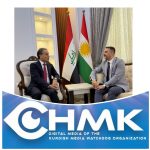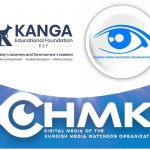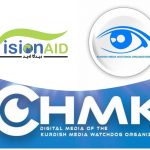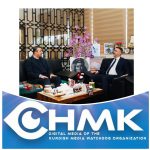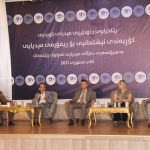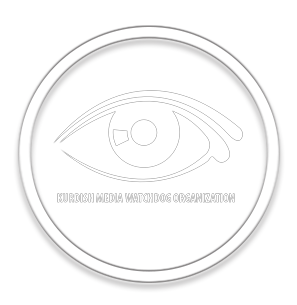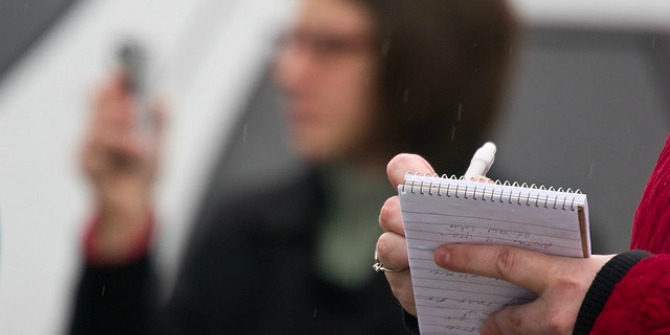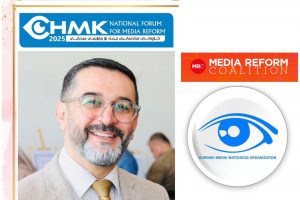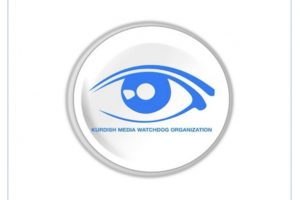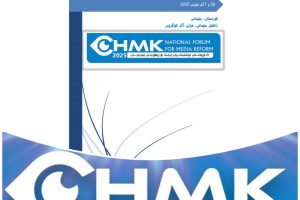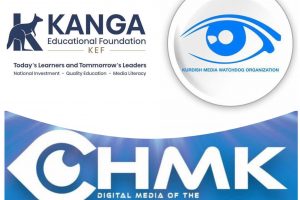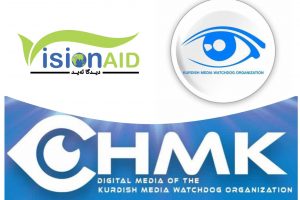Media Training for Academics

Researchers are often wary of speaking to mainstream media outlets for fear of misrepresentation. There are certainly pressing issues with how journalists simplistically present research findings, but delivering a clear, on-target message can help to ensure the research doesn’t accidentally get lost in translation. Kevin Anselmo offers advice on preparation and training beforehand to reduce the likelihood of being misquoted.
In the midst of the 1964 US Presidential election, republican candidate Barry Goldwater said: “I won’t say that papers misquote me, but I sometimes wonder where Christianity would be today if some of those reporters had been Matthew, Mark, Luke and John.”
This quote probably resonates with many academics. Maybe you have been victimized by misquotes in the press, or you have heard some horror story of how our colleagues’ words were misconstrued in an article. It is easy to point the finger and blame the journalist for negligent reporting, which certainly does happen from time to time. But often times, the supposed misquote is not the result of shoddy journalism, but rather the spokesperson’s lack of understanding about the interview context and their inability to deliver a clear, jargon-free message.
A misquote is when a journalist makes up words that you didn’t say. It is deliberately taking your intent out of context with some sort of agenda. However, you are not a misquote victim if a journalist takes part of what you say and uses it in a story. If you say something ludicrous during the course of an interview and the journalist quotes you saying that, that’s also not a misquote. Instead, it is poor interviewing.

Here are five tips to reduce the likelihood of being misquoted.
1. Rambling + jargon + abstraction = the higher likelihood of being misquoted
It should come as no surprise that if you are explaining a complex topic with academic language that mainstream audiences can’t understand, then it will be difficult for that message to be understood properly and accurately by the journalist. Sure, the journalist should be seeking to clarify the meaning of your words, but ultimately, you put yourself behind the eight ball by not clearly articulating your points. Journalists are often looking for sound bites that they can incorporate into their stories. They are not looking for an abbreviated version of your dissertation. So focus on three core messages that you can back up with examples and data that bring your points to life. Explain those points not as you would to a fellow academic, but rather to a family member you would meet at a reunion, or a friend at a cocktail party.
2. Slow down
The journalist in all likelihood is recording you and also writing notes as you are speaking. The faster you speak, the more difficult it is to actually record those quotes accurately.
3. Summarize
In advance to your interview, you should have given thought to your interview and what three points you want to make. It is recommended to have those points written out. After an interview, send an email to the journalist with a summary of your key points. You can even incorporate a direct quote in that message that the journalist can potentially use. This makes the life of the journalist easier, while reducing the likelihood of being misunderstood.
4. Offer to review the quotes
Little caveat here: you can’t demand to see the quotes. Journalists are under no obligation to get your quotes reviewed or approved (unless it is an advertorial). But you can always make this offer to review quotes for accuracy. You can also ask a journalist to repeat back to you a key message you communicated to ensure it was correctly conveyed.
5. Have a good connection
It isobviously a whole lot more difficult to record you accurately if you are fighting a bad connection. So ensure that if you are on a mobile phone conducting an interview, you are at a location with adequate service. If the interview is being conducted via Skype, make sure you have a good connection and that you are using a decent microphone and headset.
In conclusion, media visibility offers so many benefits to academics and their schools. It is your opportunity to put yourself out there as a thought leader in your area. There are numerous brand benefits that come from such visibility, both for yourself and your institution. It is also an opportunity to put knowledge to the service of society. You obviously need to put the time, preparation and training into the media interview process, so don’t go into such encounters blindly. But at the same time, don’t let the fear of being misquoted keep you on the sidelines.
Note: This article gives the views of the author, and not the position of the Impact of Social Science blog, nor of the London School of Economics. Please review our Comments Policy if you have any concerns on posting a comment below.
Kevin Anselmo is the Founder of Experiential Communications and creator of the MediaTraining for Academics program. Prior to starting his company, Kevin led PR initiatives for IMD, a business school in Switzerland, and Duke University’s Fuqua School of Business. You can subscribe to his freeCommunications Tips for Academics weekly newsletter.


